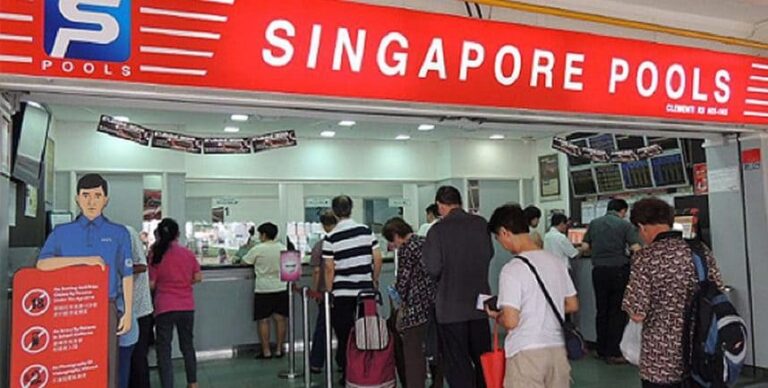Fanatics is reportedly contemplating offering equity to its employees at a $25 billion valuation, a significant discount from the $31 billion the company was valued at during its December 2022 funding round.
According to sources cited by Bloomberg, the sports apparel giant is exploring the possibility of selling $75 million to $100 million worth of shares to staff members. A Fanatics representative stated that selling stock to employees would provide them with liquidity, though no specific timing for the decision has been disclosed.
This news follows recent rumors that Chairman and CEO Michael Rubin was considering selling $1 billion worth of his stake in the company. Fanatics has denied those rumors, and no such transaction has taken place. Founded in 1995, Fanatics is expected to generate $8 billion in revenue this year, representing a 15% increase from 2023.
Delayed IPO May Be Driving Fanatics’ Equity Sale
Though Fanatics hasn’t explicitly linked the employee equity sale to a delayed initial public offering (IPO), its extended decision to remain private could be influencing this move.
Speculation about a Fanatics IPO dates back to early 2022, when the company was valued at $27 billion. Despite expectations, the company did not go public that year. Optimism resurfaced in 2023, particularly after Fanatics held an investor day and hired Deborah Crawford, formerly of Meta Platforms, as senior vice president and head of investor relations. However, with just over three months left in 2024, an IPO this year seems increasingly unlikely.
Fanatics’ investors include major stakeholders such as the four big U.S. sports leagues — MLB, NBA, NFL, and NHL — along with Major League Soccer (MLS), Silver Lake, SoftBank, BlackRock, Fidelity, and MSD Partners, an investment firm managed by Dell founder Michael Dell.
Why the Equity Sale Matters for Fanatics Employees
Fanatics is part of a growing trend of large private companies, or “unicorns,” opting to stay private for longer to secure higher valuations before going public. Other companies following this strategy include Plaid and Stripe.
While this approach can benefit the company’s valuation, it limits employees’ ability to cash in on their equity, which often happens through an IPO. Alternative methods, such as secondary transactions, exist but come with challenges.
According to Carta, “A secondary transaction not facilitated by the company is a complex process that can take time, may cost up to 5% of your gross proceeds, and might not yield the best price for your stock.”
Explore the best online betting site Singapore with Octabet betting news. Start winning today! Register now!




